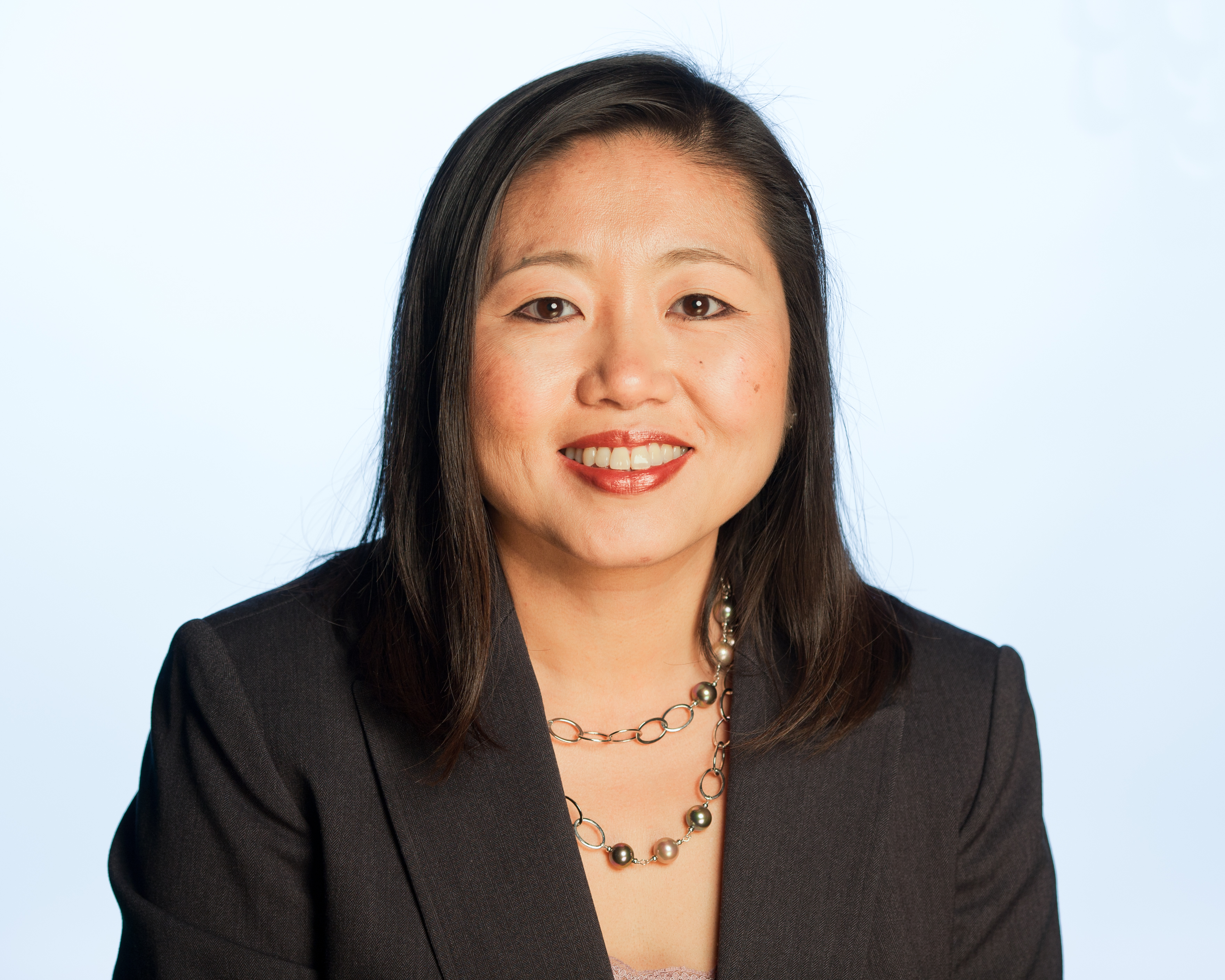AARP Hearing Center
By Jean C. Setzfand, Vice President of the Financial Security team in the Education and Outreach group at AARP 
When General Motors, one of Detroit's largest employers, declared bankruptcy in 2009, Sri Rao, a 50-year-old mechanical engineer who had been in charge of the company's global supply chain, took the buyout and went to work identifying his next career step.
But here’s what happened next in his life: In a fateful twist, his mother-in-law suffered a crippling stroke. "We were suddenly faced with all these issues you would deal with if a member of your family suddenly lost their mobility," Rao said. That experience led to his idea for SenseAide, a monitoring service that reminds patients to take their prescriptions and that sort of thing, while reporting the patient's status and progress back to an "online community of caregivers."
He started the company a few months after his mother-in-law’s stroke, just as Congress was finalizing the health care reform act. One part of the law seeks to curb Medicare costs by mandating that hospitals will not be paid for treatments for patients readmitted within 30 days of discharge. Readmissions are often caused by the chaos in a patient’s home -- nobody to coordinate care, and a patient struggling to comply with discharge instructions -- so Rao saw immediately that his brainchild could be "a very cost effective way to provide hospitals with information about what’s happening in the patient's home."
Last October, Rao addressed aspiring entrepreneurs at an AARP-sponsored mentoring event at TechTown, a small-business incubator aimed at creating new possibilities in Detroit, where the unemployment rate soared over 18 percent at the height of the Great Recession. The event, which taught mentees the nuts-and-bolts of starting a business, was part of a nationwide Encore Entrepreneur Mentor Day produced by the joint efforts of AARP and the U.S. Small Business Administration.
Building on that success, AARP and SBA are now producing a full Encore Entrepreneur Mentor Month in April, with local in-person events across the country and two webinars that can be accessed by anyone with an Internet connection – before or after the event.
One of the reasons AARP is so committed to this idea of encore entrepreneurship is because the Labor Department has said that one in four Americans between 44 and 70 is interested in starting their own business – in part because laid-off older workers have a much harder time finding a new job.
Start-ups like Rao’s are also helping other older workers find employment in the wake of the recession – but the benefit is mutual. While building SenseAide, Rao says, he’s been able to avoid offshore outsourcing because of Detroit’s “incredible pool of close-to-retired or just-retired people who were very hands-on at their companies before the outsourcing boom began. They’ve been able to focus their knowledge at a very, very competitive price and it’s made all the difference.”
There is also some emerging evidence that small-business owners likely enjoyed the highest level of economic security – higher incomes and more wealth – during the recession. Rao says that he isn’t quite there – SenseAide isn’t a “sustainable revenue source” because he hasn’t tapped the venture capital market yet. He cautions would-be entrepreneurs to plan for a three- or four-year hike to that promised land. “You have to make things work first, then you scale,” Rao says. “But if you’re cautious about how you use and deal with money, you’ll get that sense of confidence. And if you’re ultimately able to create a sustainable revenue source for yourself as well as others, that’s a powerful feeling.”
Jean C. Setzfand is vice president of the Financial Security team in the Education and Outreach group at AARP. She leads AARP’s educational and outreach efforts aimed at helping Americans achieve financial ‘peace of mind’ in retirement. She can be reached at jsetzfand@aarp.org or on Twitter at @JSetz.































































